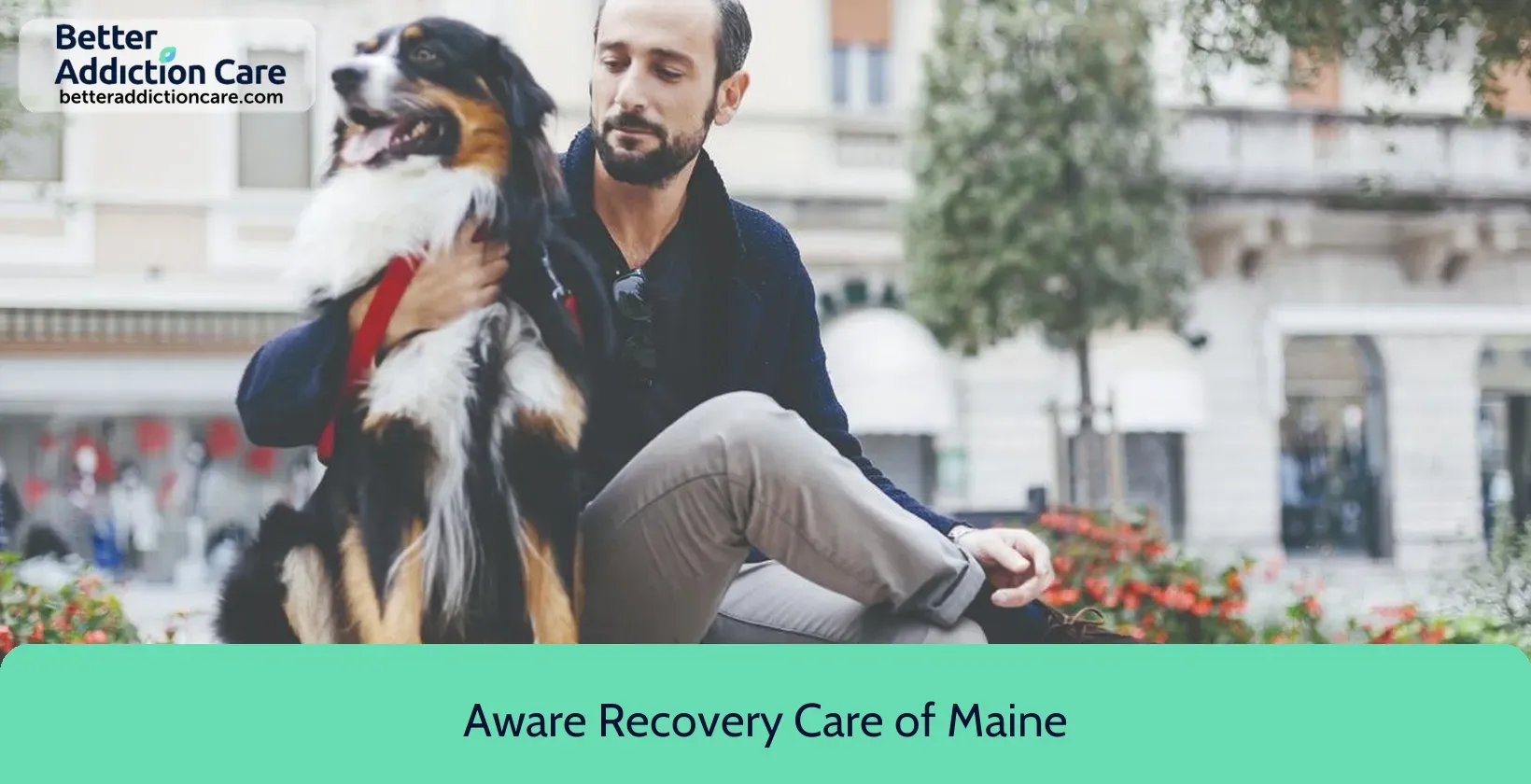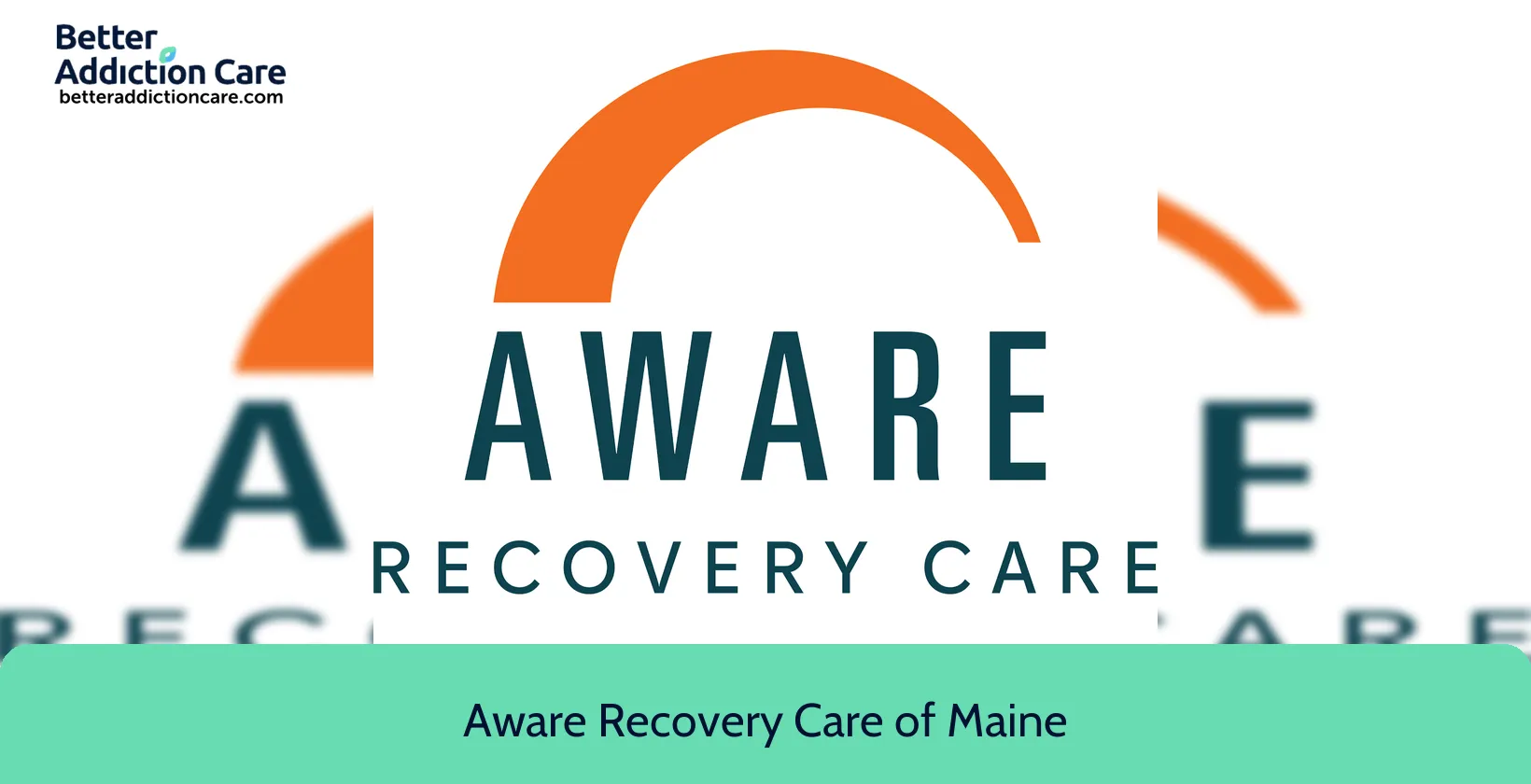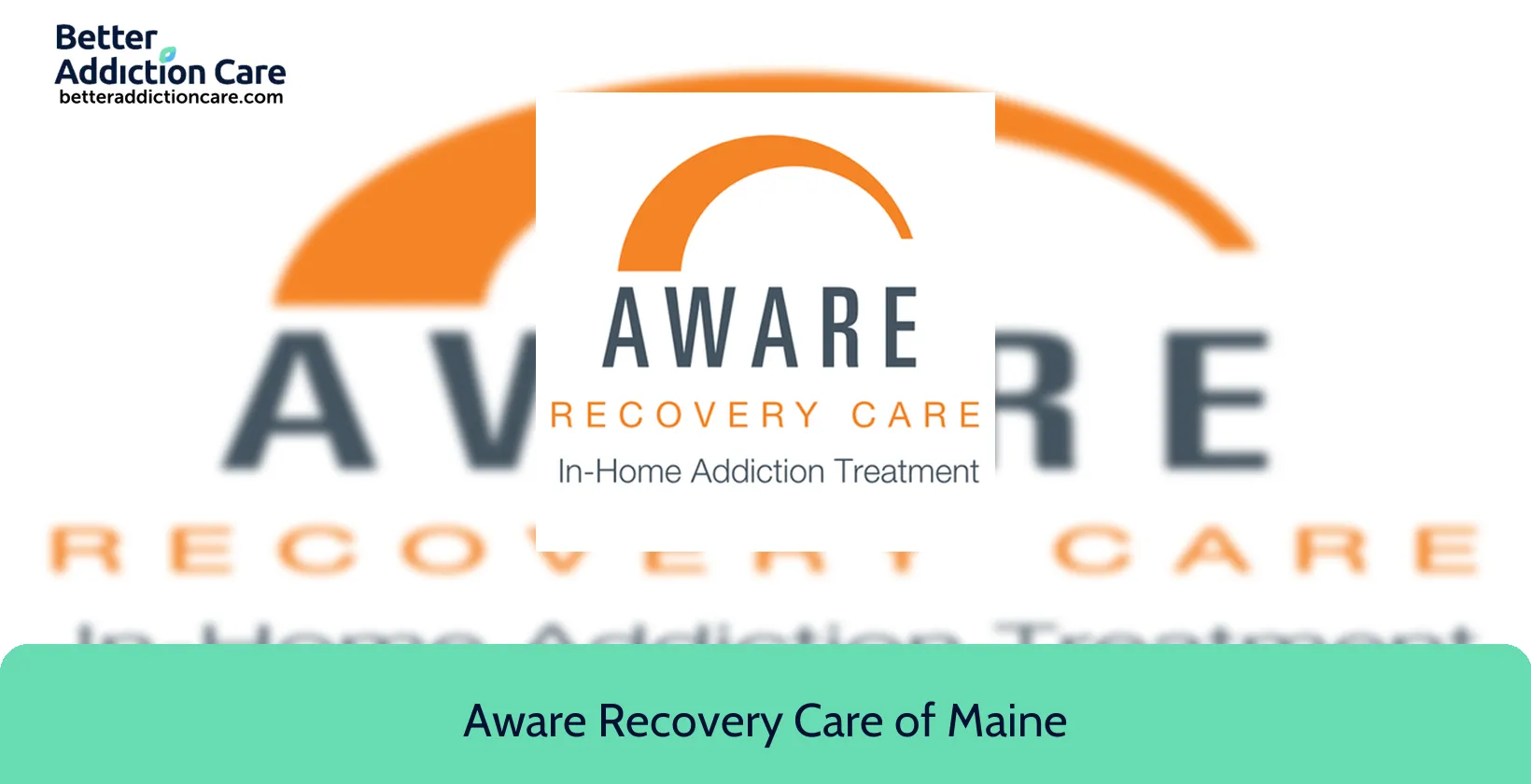Aware Recovery Care of Maine
Overview
Aware Recovery Care of Maine is an accredited substance abuse treatment center that provides outpatient detoxification, for men and women from 16 and 65+ years of age. As part of their special programs, Aware Recovery Care of Maine To help patients achieve sobriety, Aware Recovery Care of Maine provides treats alcohol detoxification, benzodiazepines detoxification, and opioids detoxification.. Afterward, patients receive cognitive behavioral therapy, telemedicine/telehealth therapy, and intervention services during treatment. Aware Recovery Care of Maine is located in South Portland, Maine, providing treatment for people in Cumberland County, accepting cash or self-payment and private health insurance.
Aware Recovery Care of Maine at a Glance
Payment Options
- Cash or self-payment
- Private health insurance
Assessments
- Screening for tobacco use
- Comprehensive mental health assessment
- Comprehensive substance use assessment
- Interim services for clients
- Outreach to persons in the community
Age Groups
- Children/adolescents
- Seniors
Ancillary Services
- Case management service
- Social skills development
- Transportation assistance
Highlights About Aware Recovery Care of Maine
6.70/10
With an overall rating of 6.70/10, this facility has following balanced range of services. Alcohol Rehabilitation: 8.00/10, Drug Rehab and Detox: 6.31/10, Insurance and Payments: 6.00/10, Treatment Options: 6.49/10.-
Alcohol Rehabilitation 8.00
-
Treatment Options 6.49
-
Drug Rehab and Detox 6.31
-
Insurance and Payments 6.00
Accreditations
State department of health:

State Licenses, issued by government agencies, authorize rehabilitation organizations to legally operate within designated geographical areas. The specific licenses required for operation are typically determined by both the nature of the rehabilitation program provided by the facility and its physical location.
The Joint Commission:

The Joint Commission accreditation for addiction and behavioral health signifies that a facility has met rigorous standards in patient care, treatment, and safety. This recognition assures patients and professionals of the facility's commitment to providing high-quality, evidence-based care in the fields of addiction and behavioral health, fostering trust and confidence in their services.
Treatment At Aware Recovery Care of Maine
Treatment Conditions
- Alcoholism
- Substance use treatment
Care Levels
- Outpatient
- Outpatient detoxification
- Intensive outpatient treatment
- Aftercare
Treatment Modalities
- Cognitive behavioral therapy
- Telemedicine/telehealth therapy
- Intervention Services
- Motivational interviewing
- Matrix Model
Ancillary Services
Additional Services
- Pharmacotherapies administered during treatment
- Mentoring/peer support
- Breathalyzer or blood alcohol testing
Get Help Now
Common Questions About Aware Recovery Care of Maine
Contact Information
Other Facilities in South Portland

7.28

6.56

6.53
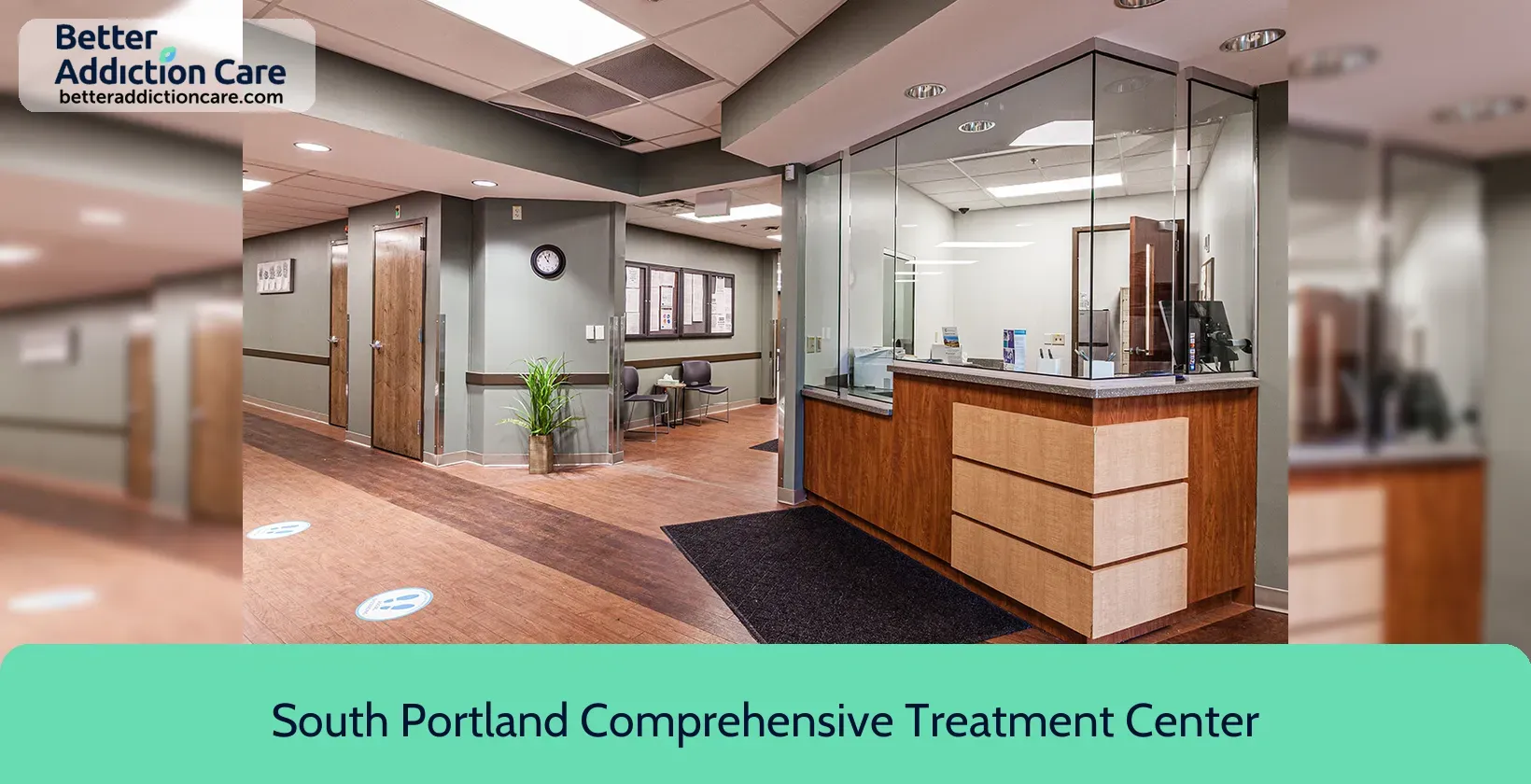
7.16
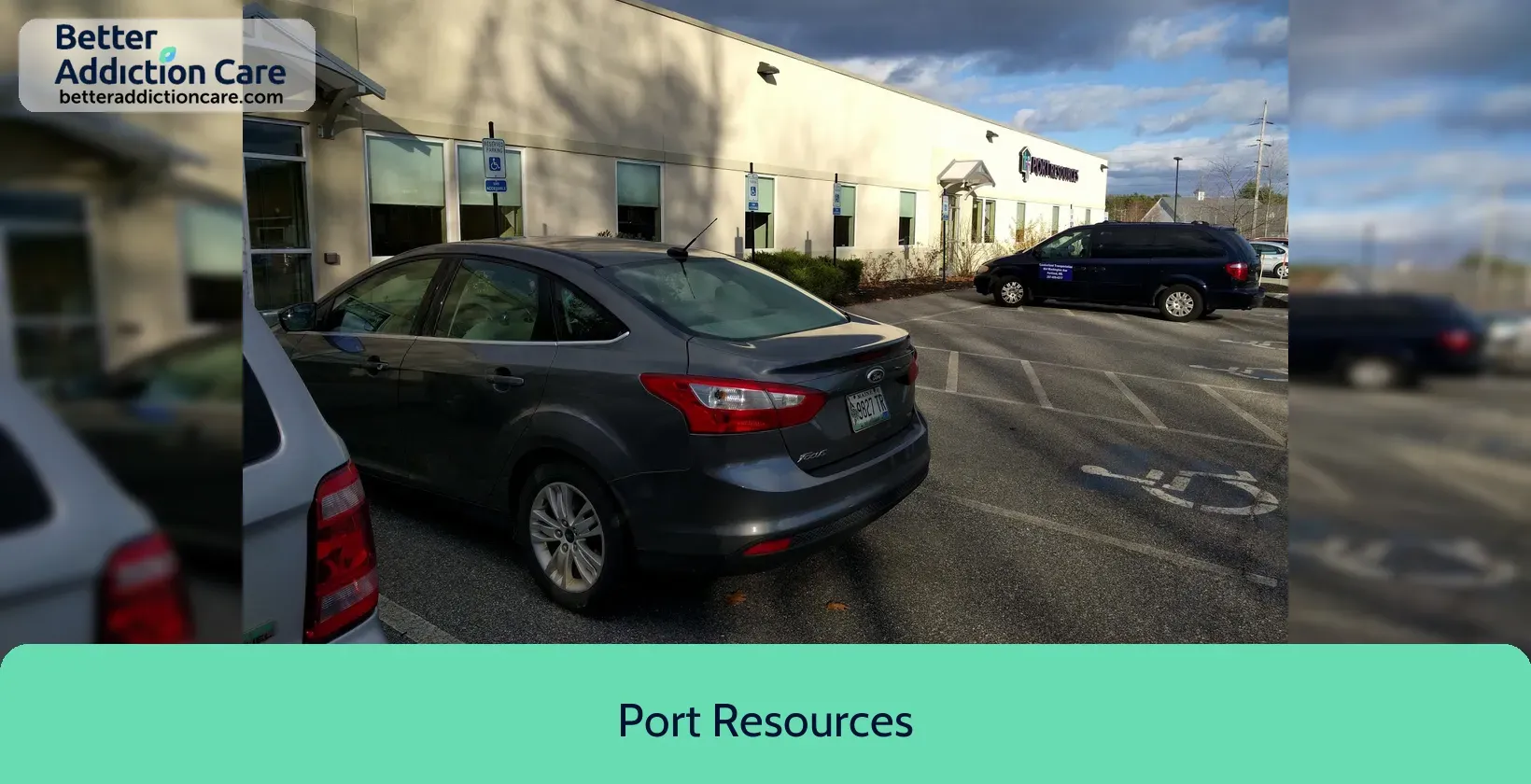
6.77
Browse rehab centers near South Portland and in other cities across Maine
DISCLAIMER: The facility name, logo and brand are the property and registered trademarks of Port Resources, and are being used for identification and informational purposes only. Use of these names, logos and brands shall not imply endorsement. BetterAddictionCare.com is not affiliated with or sponsored by Port Resources.
